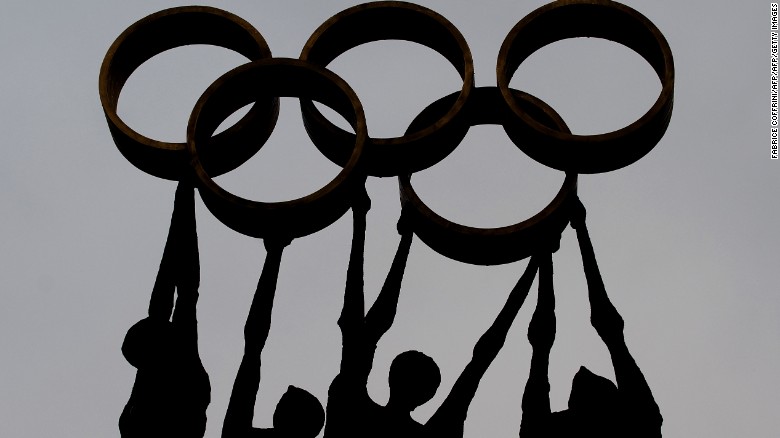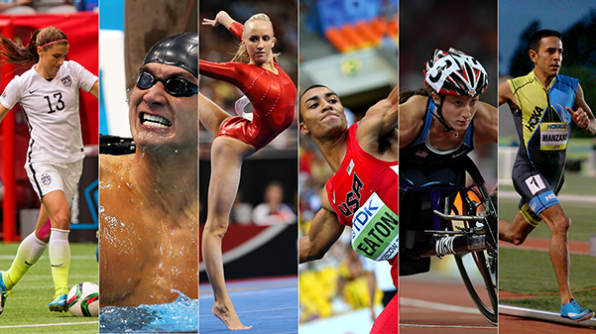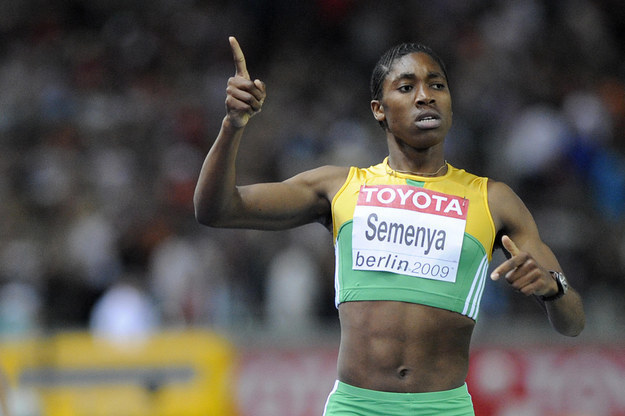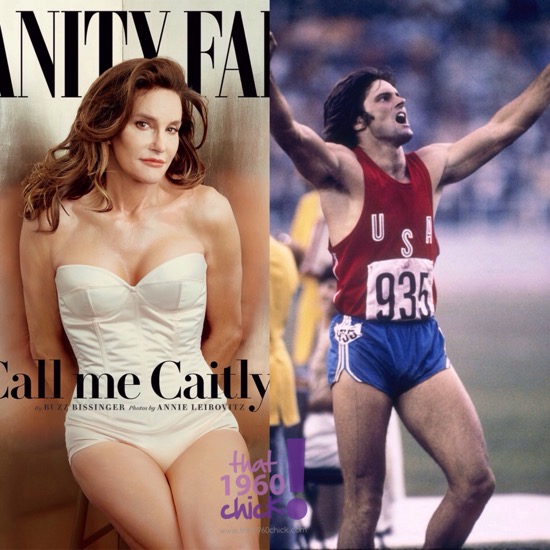Majlis Olimpik Malaysia Assures Help To Transgenders Wishing To Compete In 2016 Olympics
“It is an adaptation to a human rights issue. This is an important matter. It’s a trend of being more flexible and more liberal.” says former IOC medical commission chairman Arne Ljungqvist.
On 24 January, the International Olympic Committee (IOC) declared that no reassignment surgery is required for competing transgender athletes. Neither for the Olympics, nor any other International games.
The IOC, a supreme authority of the worldwide modern Olympic movement changed policies to provide a guideline that should apply to International Sports Federations and most importantly, this year's games in Rio de Jenairo.
Transgender women are now allowed to compete in men's games "without restrictions", but males have to demonstrate that their testosterone level do not hit the cutoff point and remains at that level at least a year before their first competition. This however, does not disregard World Anti-Doping Code and the WADA International Standards.
You can read the full PDF here for the complete guidelines.
According to The Guardian, the guidelines were approved after a meeting in November last year in Lausanne, Switzerland, that took place between Olympic officials and medical experts
Olympic officials and medical experts met to discuss the issue of sex reassignment and hyperandrogenism among competing athletes. They recognised that there was a "growing recognition of the importance of autonomy of gender identity in society" and thus recognised that it was necessary to prevent discrimination against transgender athletes who wish to compete in sporting events.
Former IOC medical commission Chairman Arne Ljungqvist, who helped draft the new guidelines found that the amendments were necessary in order to comply with modern societal values.
"We had to review and look into this from a new angle. We needed to adapt to the modern legislation around the world. We felt we cannot impose a surgery if that is no longer a legal requirement." he said.
Following IOC's announcement, Majlis Olimpik Malaysia (MOM) has assured local transgender athletes that they will do anything in their power to help them compete as per the new guidelines
"We are ready to help them in ensuring their eligibility in light of certain guidelines released by the OIC." said Dato' Low Beng Choo, Secretary General of Olympic Council of Malaysia.
Together with the anti-doping agency and medical specialists, MOM is ready to help trans athletes who may face discrimination in Malaysia.
"We have had dealt with a few controversial athletes regarding their gender. Therefore, MOM is equipped with the necessary resources to help them." said Dato' Low.
Previously, transgender issues were mainly ignored, making it difficult for those who wish to compete in international games.
Back in 2003, Stockholm Consensus on Sex Reassignment in Sports was released, allowing transgender athletes to compete in the Games. What's the catch? In order to be eligible, athletes were required to undergo reassignment surgery and additional hormone therapy of minimum two years.
Even with the shortening to a one-year period, there is no guarantee that trans women athletes are automatically eligible.
"How long it will take the athlete to reach the new cutoff limit will depend on individual cases," Ljungqvist said."You don’t go below 10 from day one. It takes quite some time. It can take more than one year or two years.”
Women born with high levels of testosterone known as with hyperandrogenism, are also recognised in the IOC's report
South African sprinter Caster Semenya was subjected to a ‘gender test in 2009
Image via Olivier MorinHyperandrogenism was first globally recognised when South African runner Caster Semenya was ordered to undergo tests upon wining the 800m world title in 2009.
Similarly, 18-year-old Dutee Chand was suspended by the IAAF in 2014 which caused her to miss the Commonwealth games and Asian games. This outrage and embarrassment made her appeal to the court of arbitration for sport (CAS). A year later, they suspended the rule saying that "the IAAF had failed to prove that women with naturally high levels of testosterone had a competitive edge."
"To avoid discrimination, if not eligible for female competition the athlete should be eligible to compete in male competition" it says in the IOC report.
olympic.orgWith transgender issues in Malaysia being a very grey area, this provides an opportunity to recognise and establish policies for them
Malaysia has a history of being the worst place in the world to be a transgender, according to a report released in 2014 by Human Rights Watch. Read the full story we did here
Thanks to social media icons such as Caitlyn Jenner, formerly Bruce Jenner who was the 1976 Olympic decathlon champion, the transgender issue has been the gateway to such discussion.
"I don't think many federations have rules on defining eligibility of transgender individuals," IOC medical director Dr. Richard Budgett said in a telephone interview. "This should give them the confidence and stimulus to put these rules in place."






